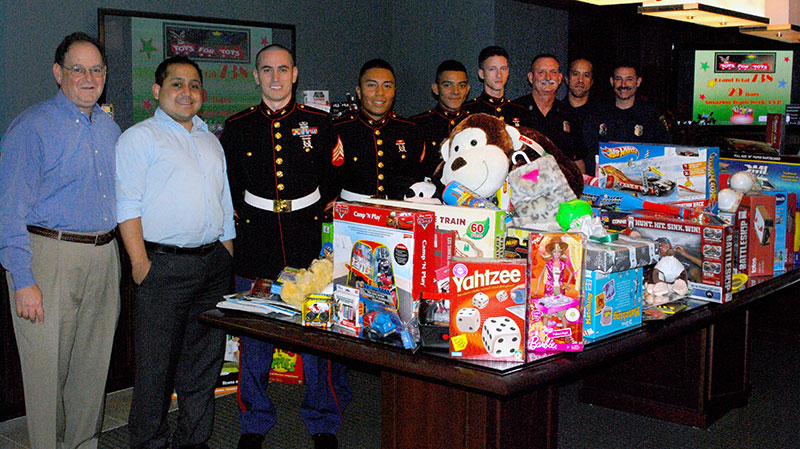![]() After 29 years in any career, it is easy to forget what it was like when you were finishing school, wondering what your future held and how you would actually put your degree to use.
After 29 years in any career, it is easy to forget what it was like when you were finishing school, wondering what your future held and how you would actually put your degree to use.
Thanks to a professor friend of mine at Cal Lutheran University, I have the opportunity several times a year to meet with CPA students who are in exactly this position. I am able to talk candidly about my three decades at the firm of Rose, Snyder, & Jacobs, about the business and what to expect from it and how to succeed in the accounting world.
One of the topics I like to focus on — especially with this generation — is ethics. It is important that students go into this industry with their ethics intact. We discuss cases of fraud by using examples of our own clients, as well as some cases that have made the national headlines. We talk about the reasons accountants might be willing to go along with these unethical practices, as well as how they ultimately got caught and the consequences their actions delivered.
As some students get close to graduation and are in the process of completing their requirements, they inquire about career options other than accounting. I always stress the importance of taking the CPA exam since having their license is of great benefit in a variety of other jobs. I tell them, “You have spent years working towards this final test, so you might as well take it and have that credential in your professional arsenal.”
Since much of my presentation focuses on “real world” accounting and how our firm works, I am often asked if it is possible to succeed in a small firm. I was the first junior accountant hired at RSJ, and 29 years later I am still here, so my answer is yes, you can! At the time, there were only eight of us in the office; now we are the sixth largest firm in the valley.
Your experience will be different at a larger firm, where you’ll get more extensive training; as they send their people off to training courses several times a year. You might also spend a longer time focused on a particular area — you may get pigeonholed for a while, but you will also hone your expertise.
At a smaller or mid-size firm like RSJ, we work as a team and the results provided to our clients depends on teamwork. You will have an opportunity to learn an array of valuable skills. Your training may be more informal, but it will be more hands on, and you’ll get quicker client interaction.
In addition to talking with students on campus, we also hold a “Firm Night” once or twice a year. Students are invited to spend some time at the firm and see first-hand how we work. A couple of senior and junior partners address the students, all followed by a tour of the office. Afterwards, we all dine together in our conference room where students can ask questions, or just continue conversations. It’s a great way not only for students to get a glimpse into a working firm, but also brings our different departments together in an unique and meaningful way.
While I hope that all these events are helpful and educational for the students who attend, I ultimately do it because I enjoy it. If by sharing my experience and the importance of what our profession truly brings to our clients, I can help at least one student follow their path to a career that is fulfilling, I am honored to play a part in that.



